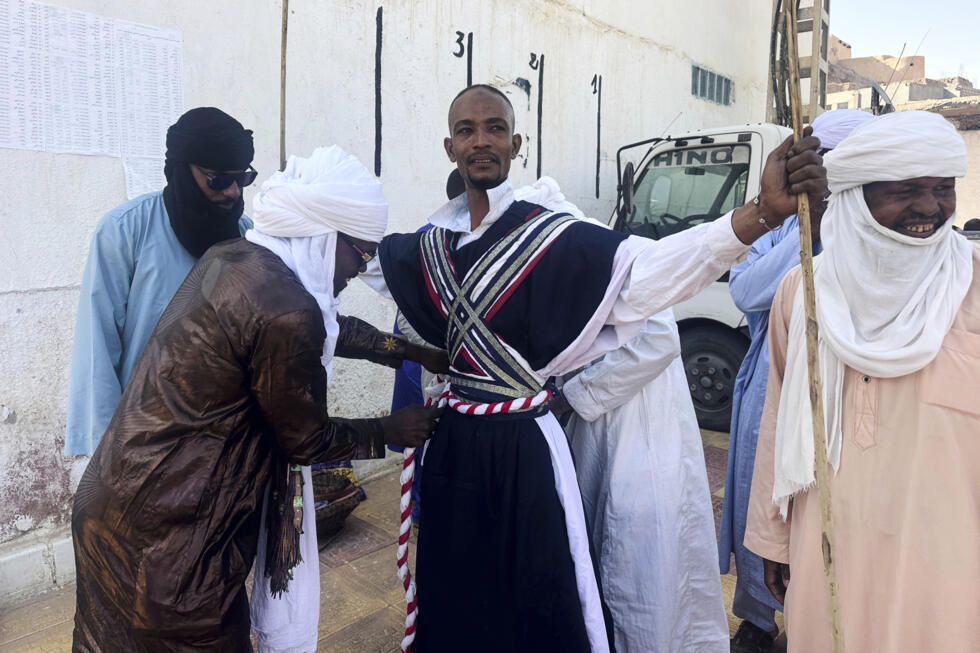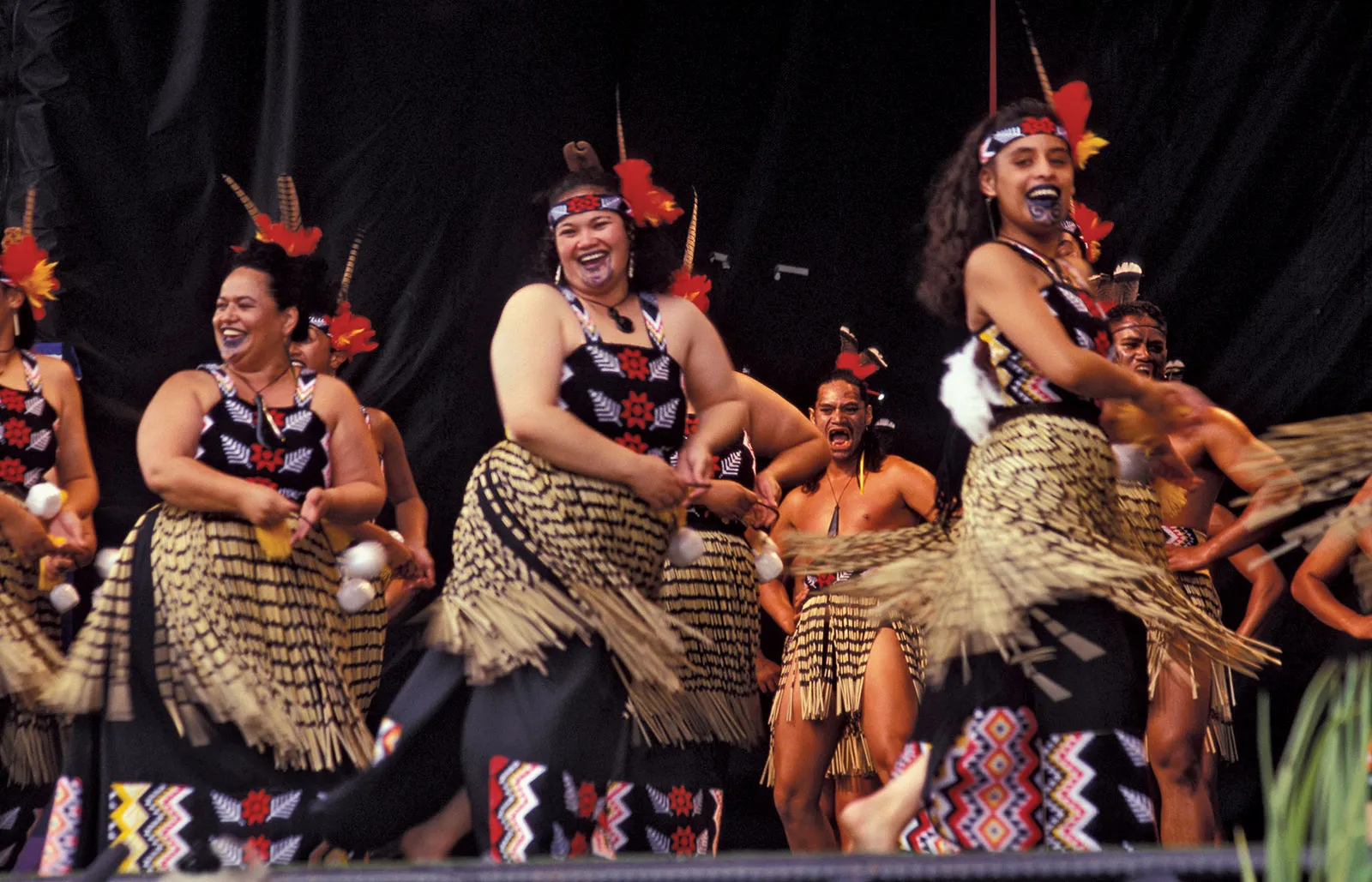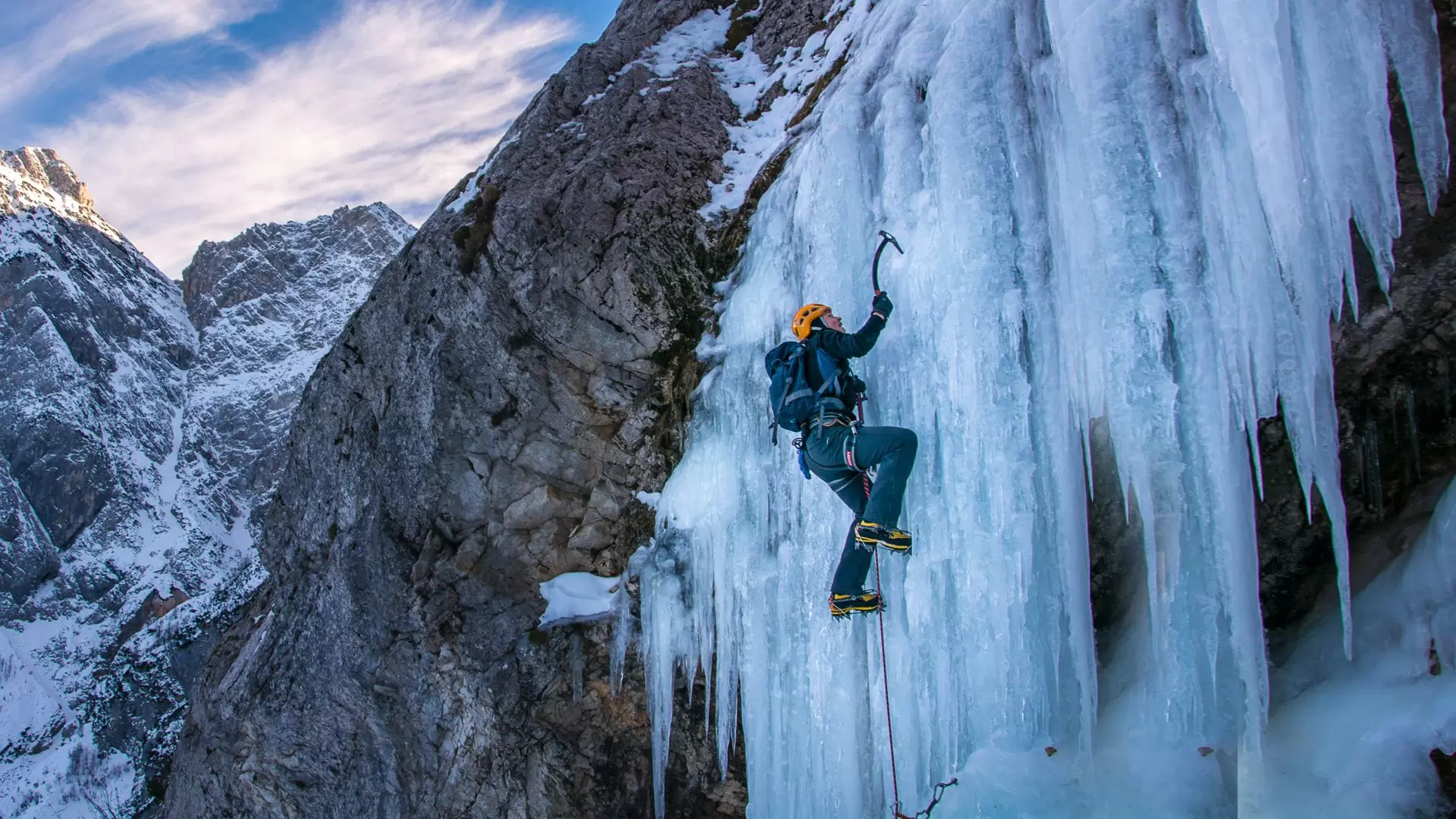In the heart of Algeria’s Sahara lies Djanet—an oasis town where the Sebeiba festival brings the desert to life. This ancient tradition, more than 3,000 years old, unfolds over ten days each year during Ashura, and centers around a symbolic yet spirited dance competition between two local neighborhoods, Zelouaz and El Mihan. Costumed in traditional robes and wielding swords and cloths, dancers perform powerful routines while women chant and drum in resonance. More than rivalry, Sebeiba is deeply spiritual—rooted in legends of historical conflict resolution or even Moses’ victory over Pharaoh—and is upheld as a vibrant testament to community unity. ([turn0news26])
Recognized by UNESCO as an Intangible Cultural Heritage since 2014, the Sebeiba festival not only preserves Tuareg heritage but also actively invites global awareness. This year’s celebration drew over 1,000 attendees, including international visitors, highlighting Algeria’s culturally rich yet often overlooked offerings. The event symbolizes the resilience and vibrancy of Saharan culture—an immersive window into spiritual identity, communal bonds, and the unyielding pulse of local tradition. ([turn0news26])
For cultural travelers seeking more than passive observations, Sebeiba offers a rare invitation to join a millennia-old narrative. Witnessing the festival means experiencing ancestral pride, dynamic expression, and community solidarity—something modern festivals rarely convey. As global interest in meaningful cultural immersion grows, events like Sebeiba demonstrate how travel can preserve and celebrate traditions that defy the passage of time.




